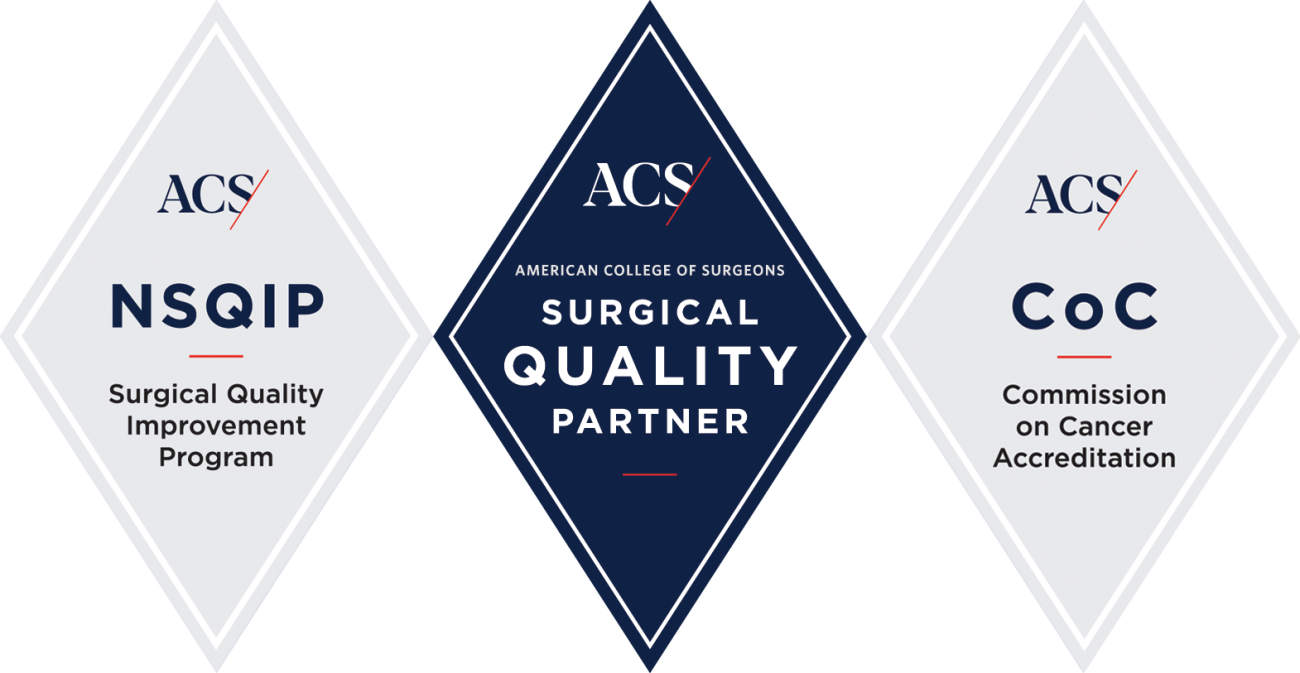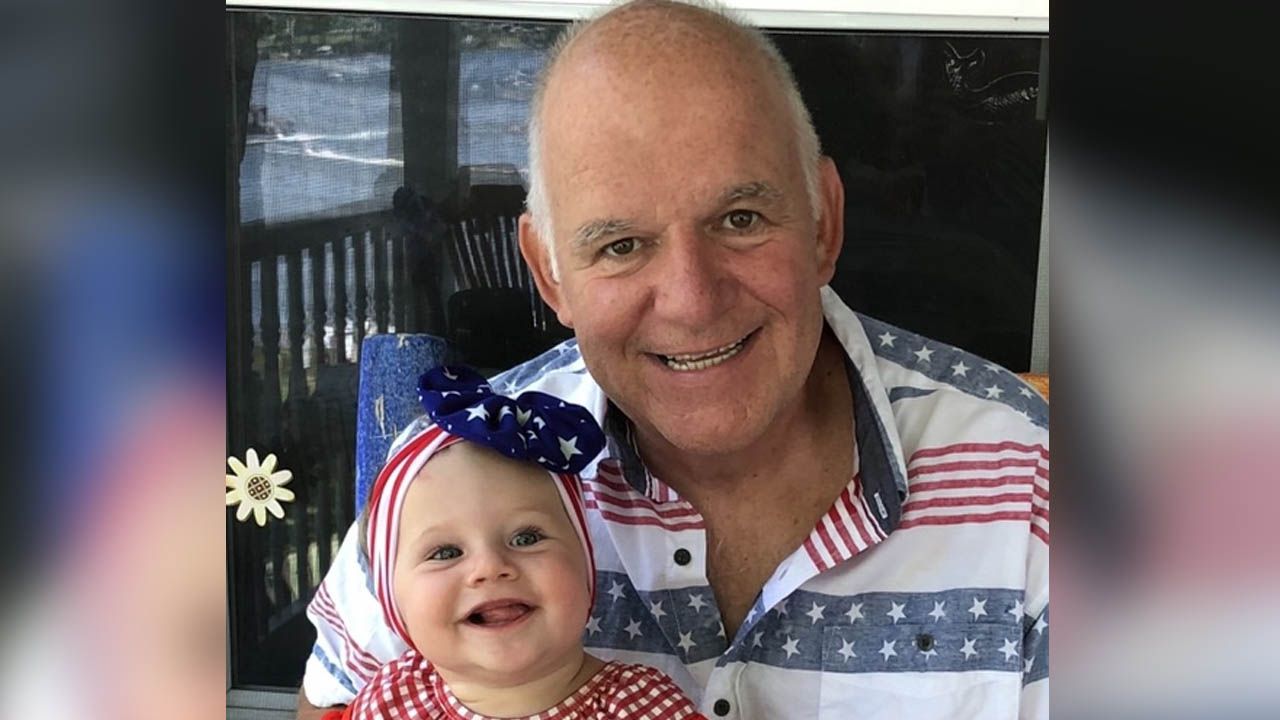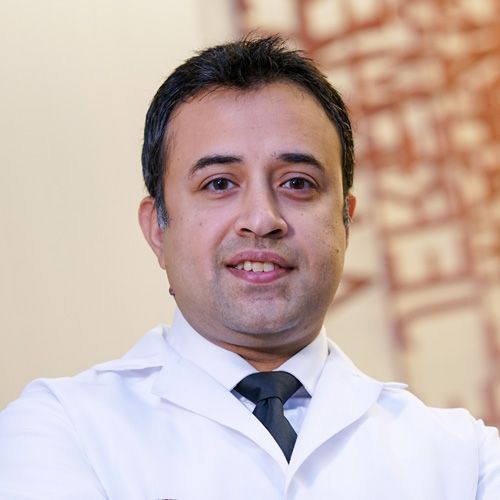Surgery for esophageal cancer aims to remove all of the cancer, including a portion or all of your esophagus, parts of other organs that contain cancer, such as the stomach, and any affected lymph nodes. The type of surgery you need will depend on how large your tumor is and where in the esophagus the tumor is located.
These procedures include:
- Ivor Lewis Esophagectomy. This procedure is used most commonly for tumors located in the bottom portion of esophagus, and/or the junction where the stomach connects with the esophagus. The surgeon removes the portion of the esophagus that contains cancer and then repositions the stomach higher in the chest to reconnect with the remaining part of the esophagus.
- McKeowns Esophagectomy. This approach is used for tumors in mid- to upper-third of esophagus and involves removing most of the esophagus and reconnecting the esophagus in the neck.
- Transhiatal Esophagectomy. This approach is used for selected patients that have poor lung function. The surgeon works from both the abdomen and neck to make the connection in the neck without the need to involve the chest cavity.
Robotic surgery for esophageal cancer
A second opinion at Roswell Park meant Doug Green was a candidate for a minimally invasive surgery for his gastroesophageal junction cancer.
At Roswell Park, our surgeons can perform these operations with the use of robotic surgical devices. While robotic surgery is increasingly common for other types of operations, few centers have the surgical qualification and high-volume experience to offer robotic surgery for these difficult esophageal procedures.
The benefits are significant. With a traditional, surgical approach, the physician uses a very large incision in the chest and abdomen. Patients usually require intensive care for a few days and a hospital stay of about two weeks. With minimally invasive robotic surgery, the procedure:
- uses several very small key-hole incisions
- is less invasive and leads to a speedier recovery, and reduced complications
- typically does not require intensive care. Most patients spend one night in a step-down unit, are up walking the next day.
- means a shorter hospital stay of just 6 to 7 days
- is associated with less pain, lower rates of pneumonia
Roswell Park is a high-volume center for robotic surgery and has has performed more of these minimally invasive esophagectomies than any other WNY facility. Any center that performs more than 25 of these procedures a year is considered a high-volume center. At Roswell Park, we perform 60 to 70 esophagectomies each year, with more than 90% using the small incision approach and robotic technology. In the last decade, Roswell Park’s surgical team led by Moshim Kukar, MD, has performed more than 500 minimally invasive esophagectomies, and used robotic surgery for esophagectomies exclusively since 2018, totaling more than 150 robotic procedures.
At Roswell Park, the esophageal cancer treatment team includes both gastrointestinal and thoracic (lung) surgeons who work together to look at your cancer from every perspective and plan the very best surgical approach for you.
Our ability to perform these operations robotically is especially important for patients with aggressive cancers who need to be well enough to start systemic therapy as soon as possible.


